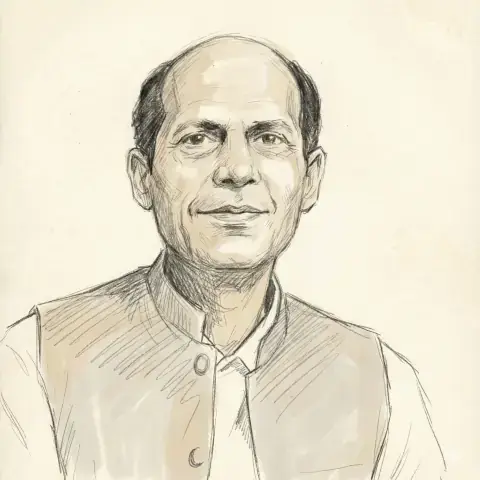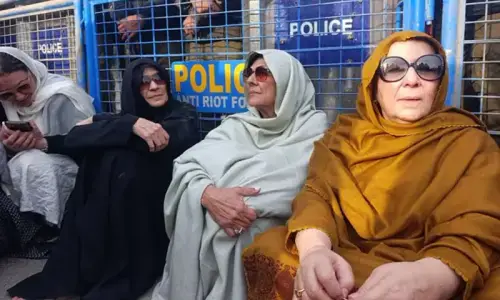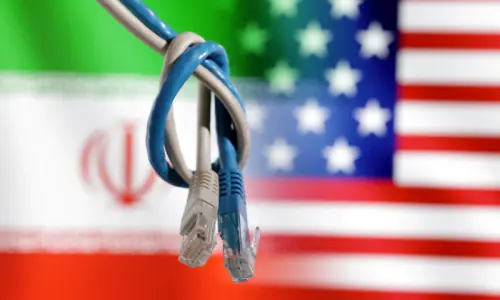ISLAMABAD, Oct 23 Back in 1998 when India, after conducting two nuclear tests, was threatening to 'teach a lesson' to Pakistan and the US was offering 'peanuts' for dissuading the country from carrying out tit-for-tat test, then finance minister Sartaj Aziz was among a few politicians who opposed the idea of responding with N-tests.
This was disclosed by Brig (retd) Naeem Ahmad Salik, the former director of arms control and disarmament at the Strategic Plans Division, in his recently-launched book 'The genesis of South Asian nuclear deterrence Pakistan's perspective'.
According to him, the decision to conduct nuclear tests to “restore the strategic imbalance in South Asiawas taken by the political leadership and supported by the military leadership.
”There were some dissenting voices within the cabinet ... the most prominent among them being the Finance Minister, Sartaj Aziz, who was obviously concerned about damaging repercussions ... on national economy, while Foreign Minister Gohar Ayub Khan and the foreign policy establishment were the most vocal proponents of testing”.
However, Mr Aziz told Dawn he had emphasised that even a substantial package of economic and conventional military assistance package from the US would not address the country's long-term security concerns.
He said that he had stressed the need of seeking a security umbrella in addition to an economic package.
He said since the US was not prepared to provide a security umbrella, there was no option left for Pakistan but to go for nuclear tests.
He said he had narrated his version of the events in his book titled 'Between dreams and realities Some milestones in Pakistans history'.
Strobe Talbott, US deputy secretary of state at that time, who led a mission to Islamabad soon after the Indian tests, gathered an impression from his interactions with Foreign Minister Gohar Ayub Khan and Army Chief Gen Jehangir Karamat that Pakistan would go for tests.
According to Mr Talbott, 'Nawaz Sharif seemed “nearly paralysed with exhaustion, anguish and fear... Left to his own judgment, he would not test”.
Gen Karamat's account of events, however, is very different. According to him, Mr Sharif had called him from Almaty (Kazakhstan) and asked him to start preparing for the tests. He (Gen Karamat) suggested that the prime minister should return before a decision could be taken.





























